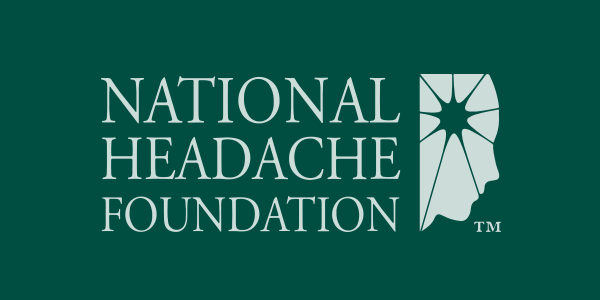Caffeine: A Review of the Evidence
Despite the fact that there have been numerous studies conducted on caffeine, there is no compelling evidence that supports the misconception that caffeine is addictive or habit forming for the vast majority of people. Caffeine Addiction A habit caused by…
Read More

